The Prepared Environment
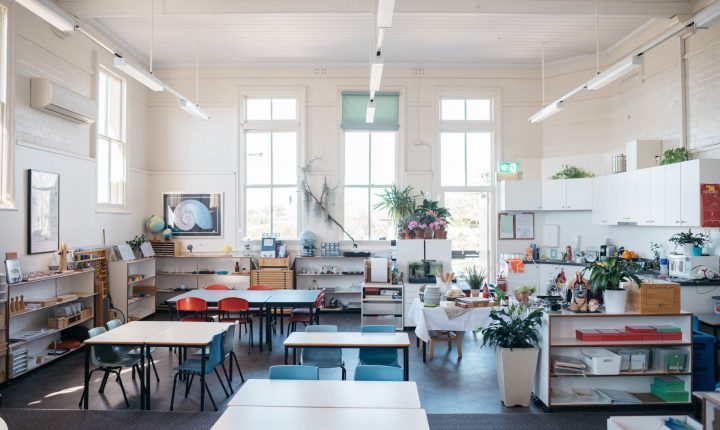
6 – 9 year olds attend Stage 2 and 9 – 12 year olds attend Stage 3.
The “prepared environment” is Maria Montessori’s concept that the environment can be designed to facilitate maximum independent learning and exploration by the child.
In the prepared environment, there is a variety of activity as well as a great deal of movement.
In the calm, ordered space of the Montessori prepared environment, children work on activities of their own choice at their own pace. They experience a blend of freedom and self-discipline in a place especially designed to meet their developmental needs.
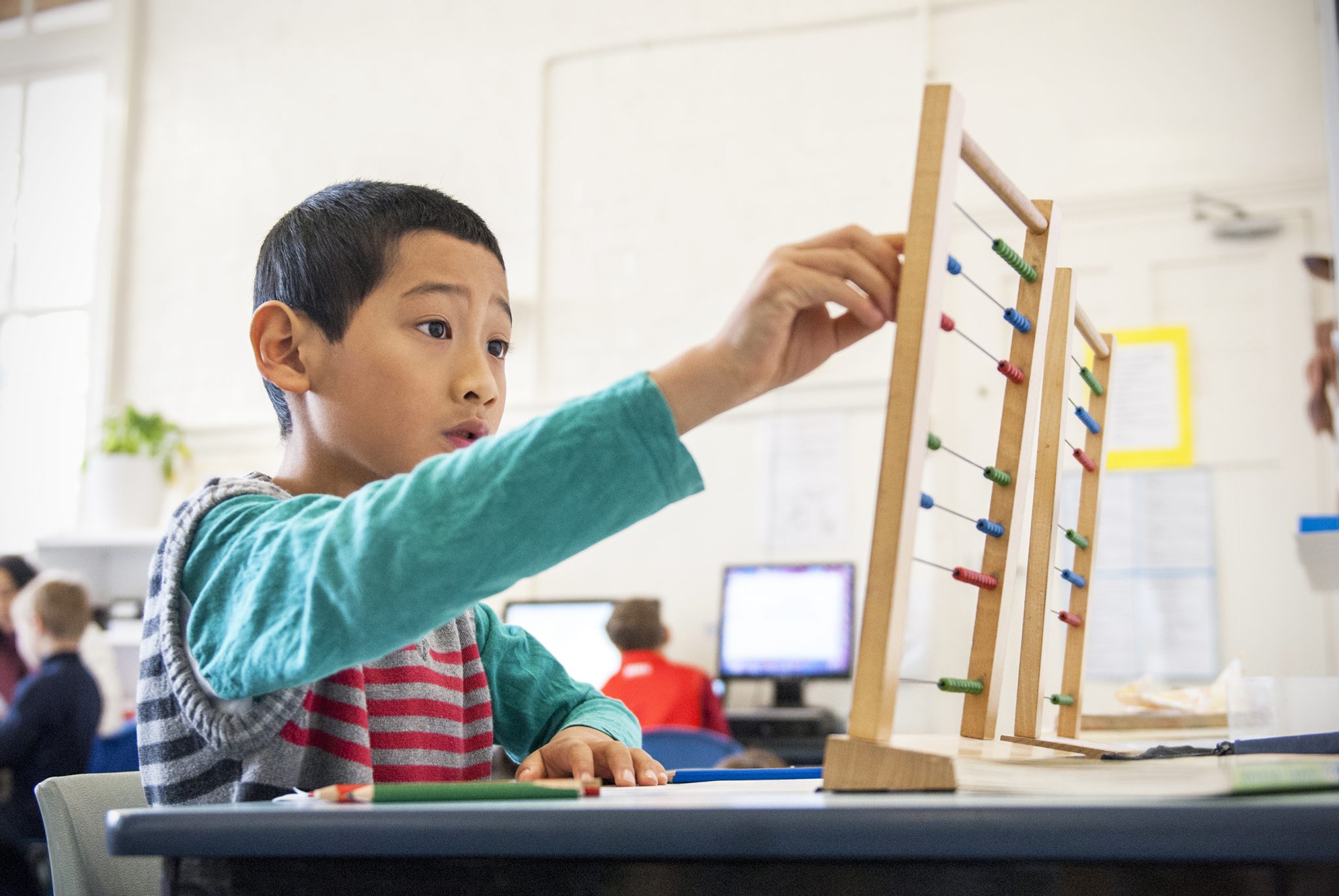
All Montessori materials are developmentally appropriate for the children in each age group and have been designed to meet the intellectual and social needs of children in the Stage age group, in this case children between 6 – 12 years of age.
Two adults are available to support the child’s learning. One Director (a trained teacher) delivers presentations, while the Assistant (a second adult) acts as a support to the Director and the children.
Lessons and materials
- Are designed for repetition with variety, allowing the children to repeat concepts and understandings in a diversity of ways.
- Support collaboration and group work, which encourage social interactions and encourage peer learning.
Learning spaces
- Are arranged to allow children to move freely within the room, selecting materials and work spaces to suit their needs.
- Offer a variety of areas enabling children to work at individual desks, in pairs, in small groups or on mats on the floor to suit their physical needs.
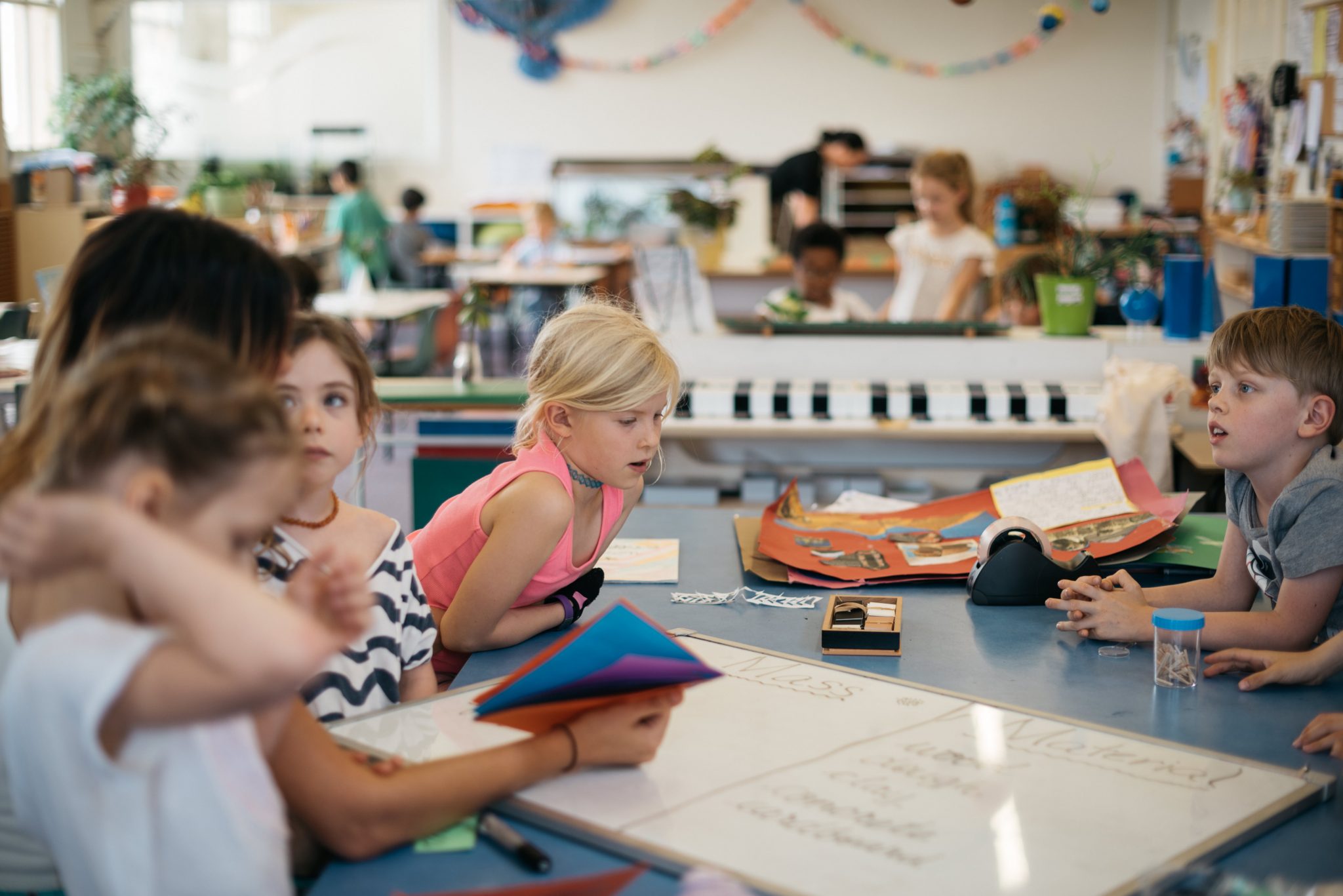
The Morning Work Cycle
- Runs for a 3 hour uninterrupted period, from 8:30am – 11:30am.
- Children engage with work from various areas of the classroom. A child may engage with a piece of work for as long as their concentration allows. When working productively, the child can decide when they are ready to put a piece of material away or conclude an activity.
- The adult presents lessons from the various subject areas and the children engage in their own follow-up work for each presentation (independent work).
- The children are free to eat a snack at any time within their work cycle.
Lunch/play
- Lunch is for an hour duration.
- Classes across the school combine for eating and play time.
- Children engage in supervised play at the local park or in one of the playgrounds within the school grounds.
The Afternoon Work Cycle
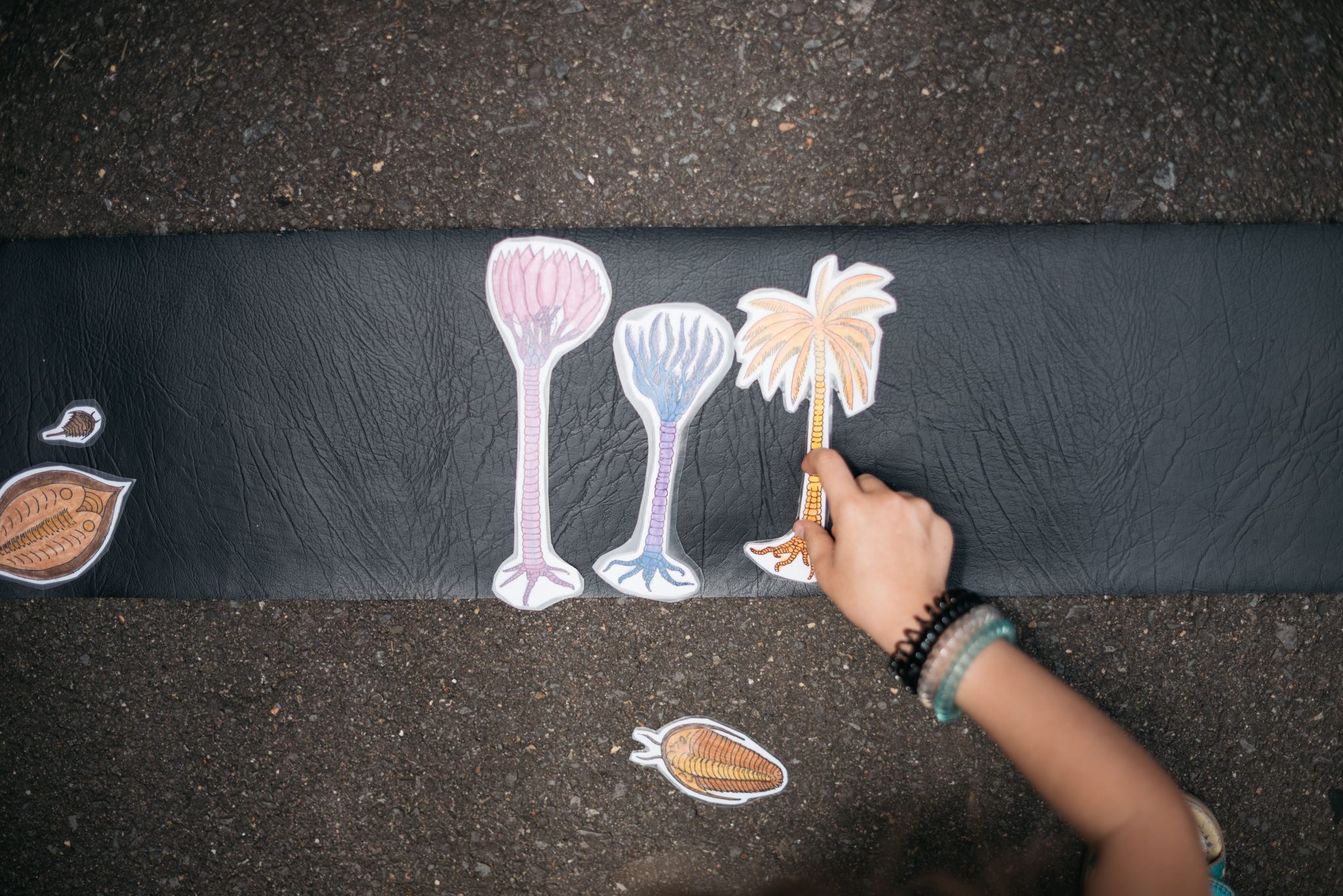
- This is a continuation of the morning work cycle, running 2 hours in duration from 12:30pm – 2:30pm.
- Children continue with their work choices in the afternoon period and continue to receive presentations/lessons from the adult.
Care for the Environment
- At the end of the day, all children take part in the cleanup and care for the classroom environment. The children each have a job or responsibility, allowing each child to contribute to the care and maintenance of the classroom.
Grace and Courtesy/Group Discussions
- Each day or throughout the week, the children and adults come together for class meetings and discussions.
- The children are encouraged to lead these discussions where possible.
- Group meetings allow for announcements to be made, ideas to be discussed, problems solved and work/stories to be shared.
- The children are involved in decision making and with the adults, collaborate in forming classroom rules, procedures and expectations.
Co-Curricular Activities
- Each week, the children are presented with lessons in Spanish, Music and Physical Education.
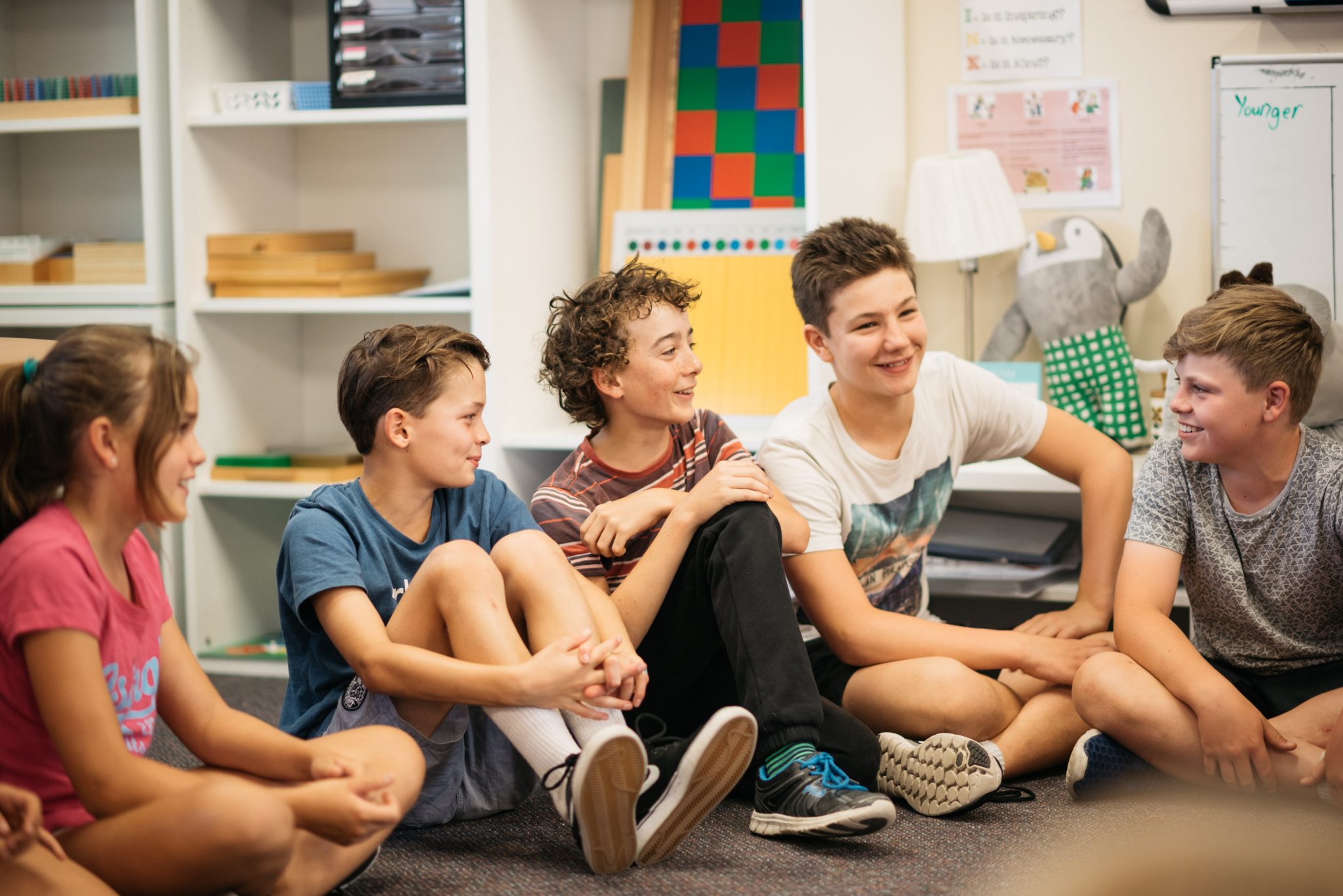
A multi-aged class of children either 6 – 9 or 9 – 12 year olds encourages peer collaboration and co-operation. Children can:
- Learn from one another as well as teach one another.
- Observe the work of their peers and be intrinsically motivated to engage in similar work.
- Play different roles in each other’s learning.
- Collaborate over interests, not just ability.
- Act as positive role models to new children.
- Take on roles of leadership within the classroom.
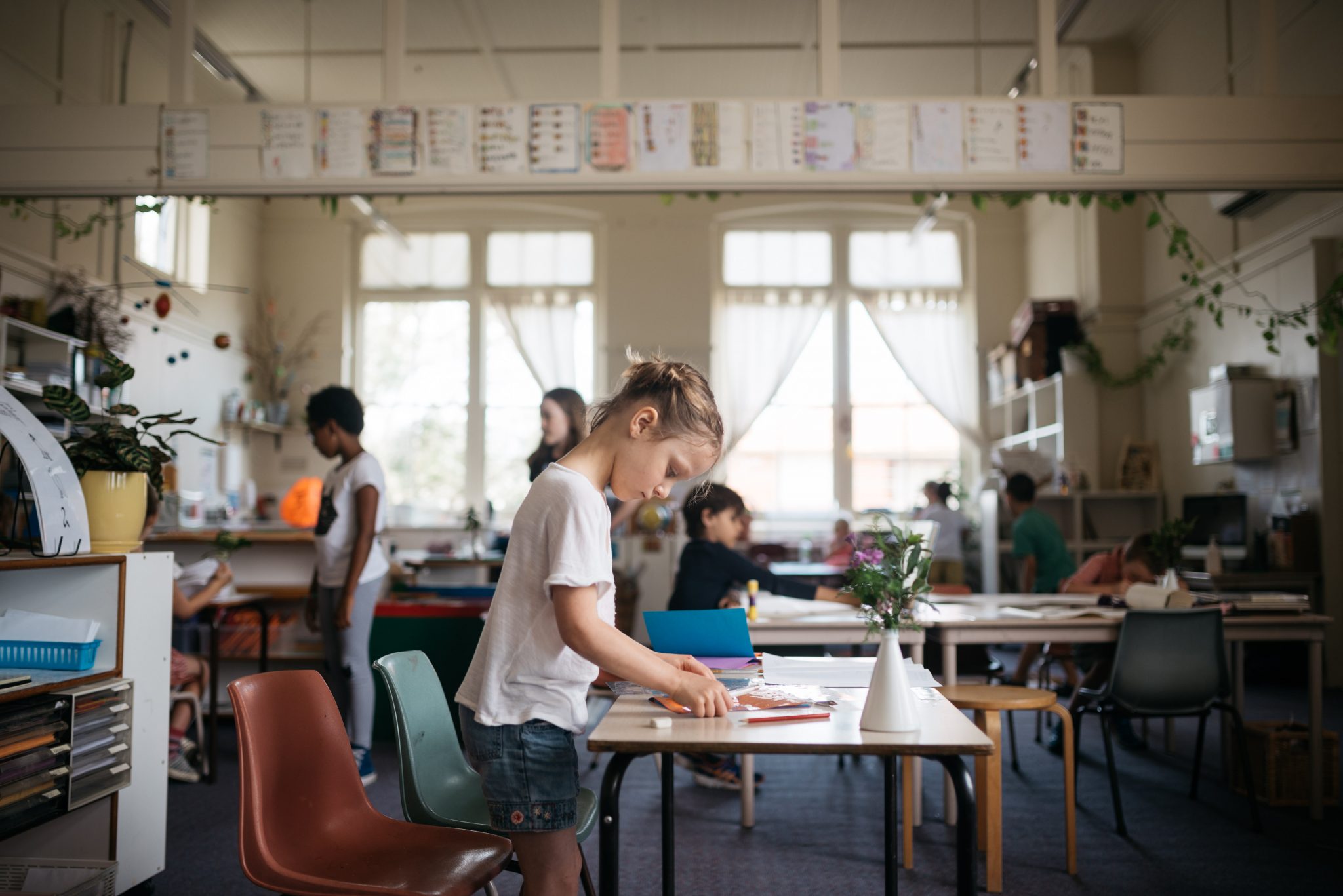
Children have freedom
In a Montessori environment, the children have the freedom to:
- Move within the classroom throughout each work cycle, selecting materials from the shelf and a space to engage with their work.
- Work on a chosen activity for as long as their productivity and concentration allows.
- Plan and select their work choices each day.
- Choose peers to work with.
- Explore topics of interest in depth and follow their curiosity.
- Express and convey their learning in ways which are meaningful to them.
Children have responsibility
The children are responsible for:
- Being accountable for their work choices by maintaining a daily journal of the work they have completed.
- Choosing work from each subject area in the classroom.
- Staying on task with their work and using their time productively.
- Actively engaging in presentations from the Director (adult) and choosing meaningful ways to reinforce and demonstrate their understandings.
- Repeating work with materials until their understandings have been developed and consolidated.
- Keeping the classroom and their work spaces tidy and maintaining care and respect for all materials.
